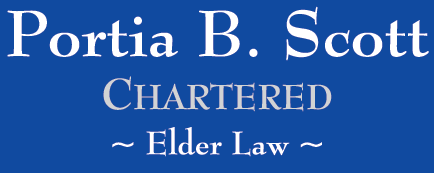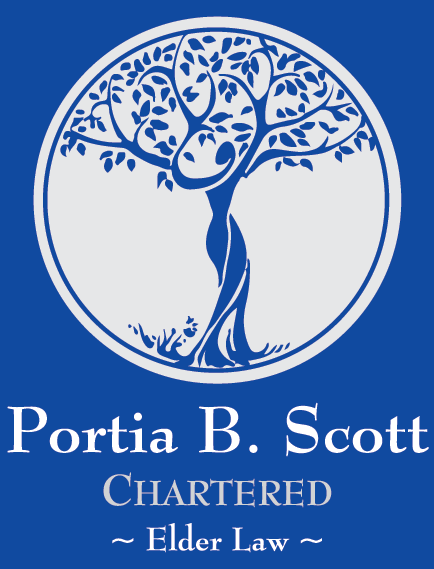Your Final Word???

Many folks presume that a Last Will and Testament is an absolute declaration which must be followed. This is not the case.
Though given enormous weight by a Probate Court, a Will is often actually treated as an assortment of suggestions by the person whose signed the Will. For instance, if you, in your Will appoint your friend, Betty, to be your Personal Representative (sometimes called Executrix or Administratrix) but Betty lives in another state or is a convicted felon. She will not be eligible to be appointed by the Court as the Personal Representative (the “PR”) and a back-up choice will be needed.
Similarly, your PR has very limited authority until your Will is presented to a Judge in a Probate proceeding and the Judge finds that the Will is acceptable (“admitted into probate”) and so is the nominated PR (not a felon and either a close relative or resident of Florida). Only then will the Court issue the document which gives authority to the PR, her “Letters of Administration.”
Once the PR is appointed and empowered, she starts gathering together your assets and making arrangements for finding out to whom you may owe money, for payment of your last expenses and reporting all of that to the probate Court, with proof. Only after all potential creditors of your estate are identified and their claims evaluated and paid (or contested), may your PR start making distribution of the remaining assets according to directions you put in your Will.
What if there are not enough assets in your estate to pay all your debts? (Consider that you died in an automobile accident which was your fault and the other driver was hurt very badly. The other driver gets a judgment against your estate and ends up with most of your assets.)
If there are insufficient funds to make all of the gifts you have in your Will, the specific gifts get paid first. So, the $5,000.00 gift to your church (which you thought would be only a small percentage your estate when you signed the Will) gets paid before the other, less specific gifts. It could be, that you thought you were leaving $500,000.00 to your son and only $5,000.00 to the church. But if your estate is only $6,000.00 when all the debts are paid, then the church gets its $5,000.00 and your son, who was to inherit “everything else” only gets $1,000.00.
Better to leave a specific gift as a percentage with a cap, such as “1% of the value of my estate up to $5,000.00.”
If your estate does not have enough money to pay all of your debts, even your specific gifts, such as shares of stock, bonds or your art collection, will not be given to the people you wanted to receive them. Those types of assets will be used to pay the debts of the estate.
Share this article




